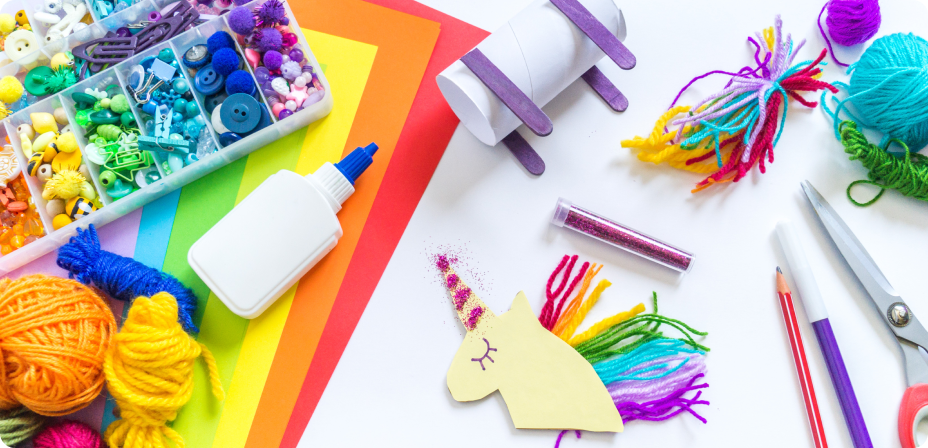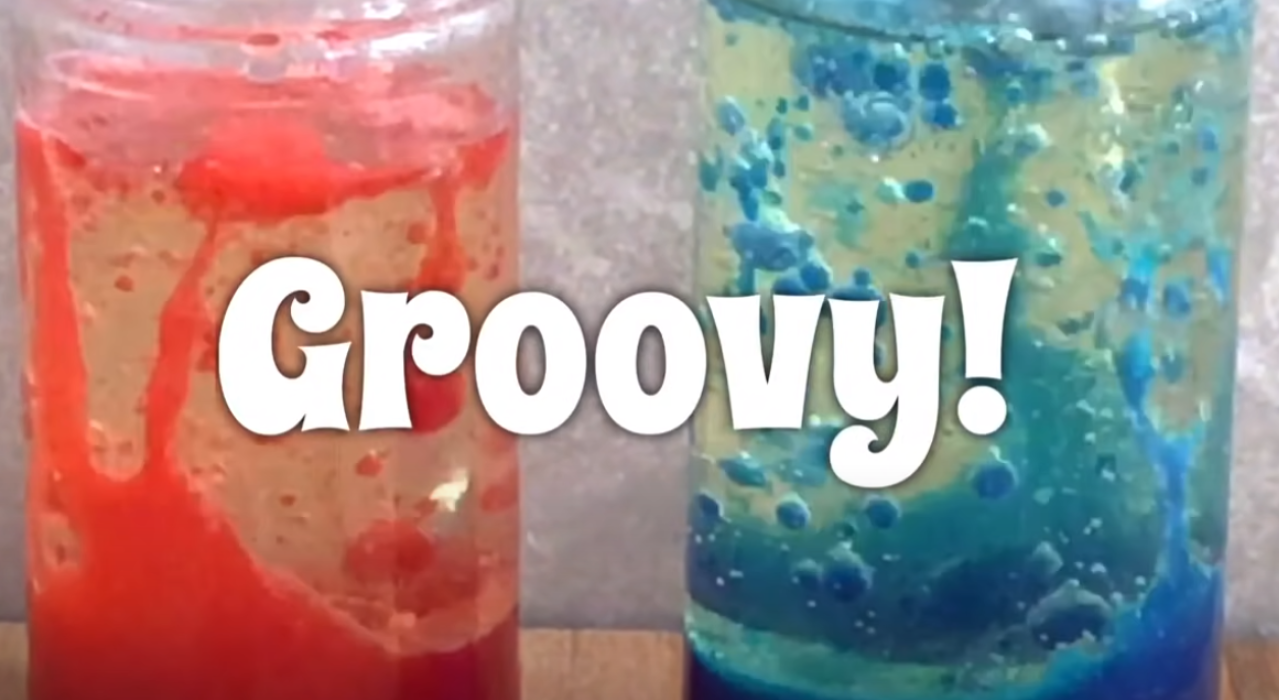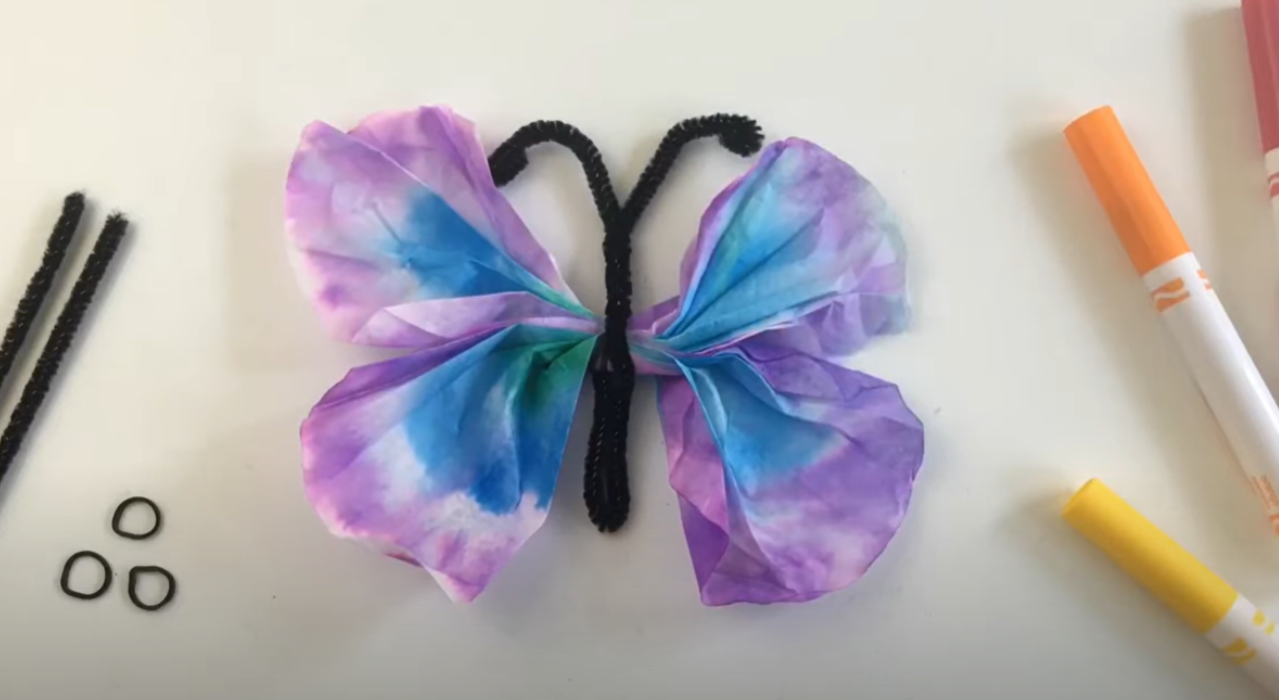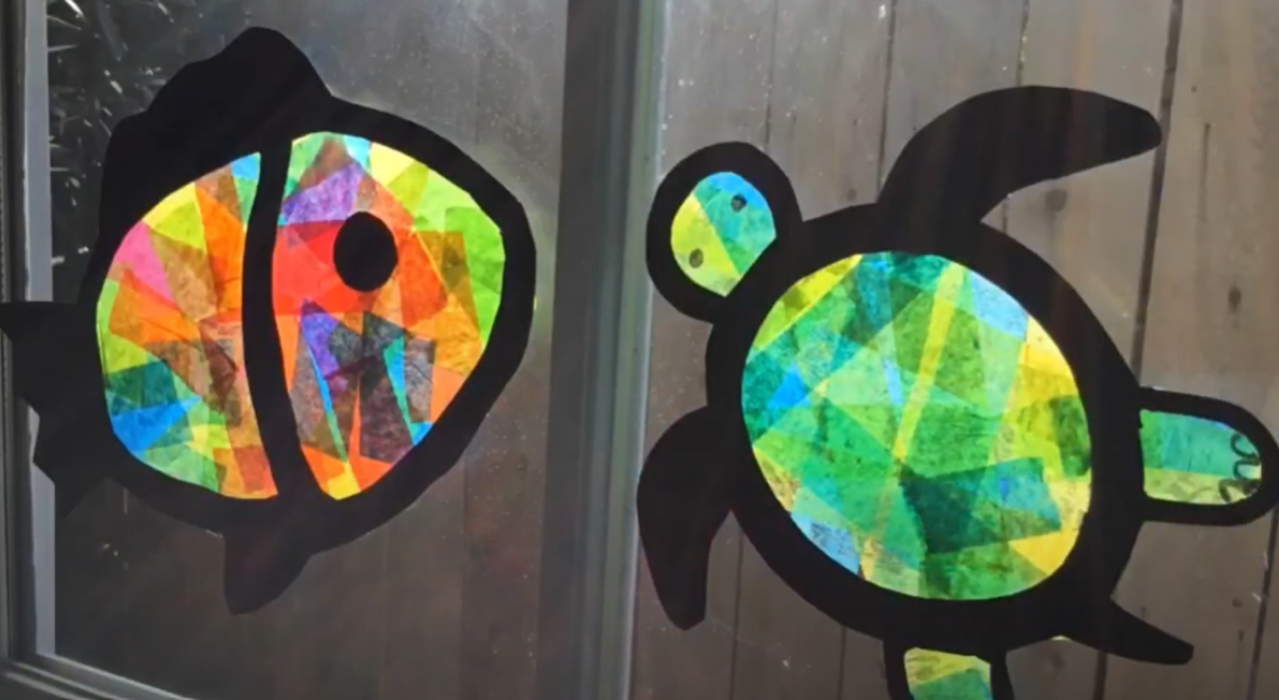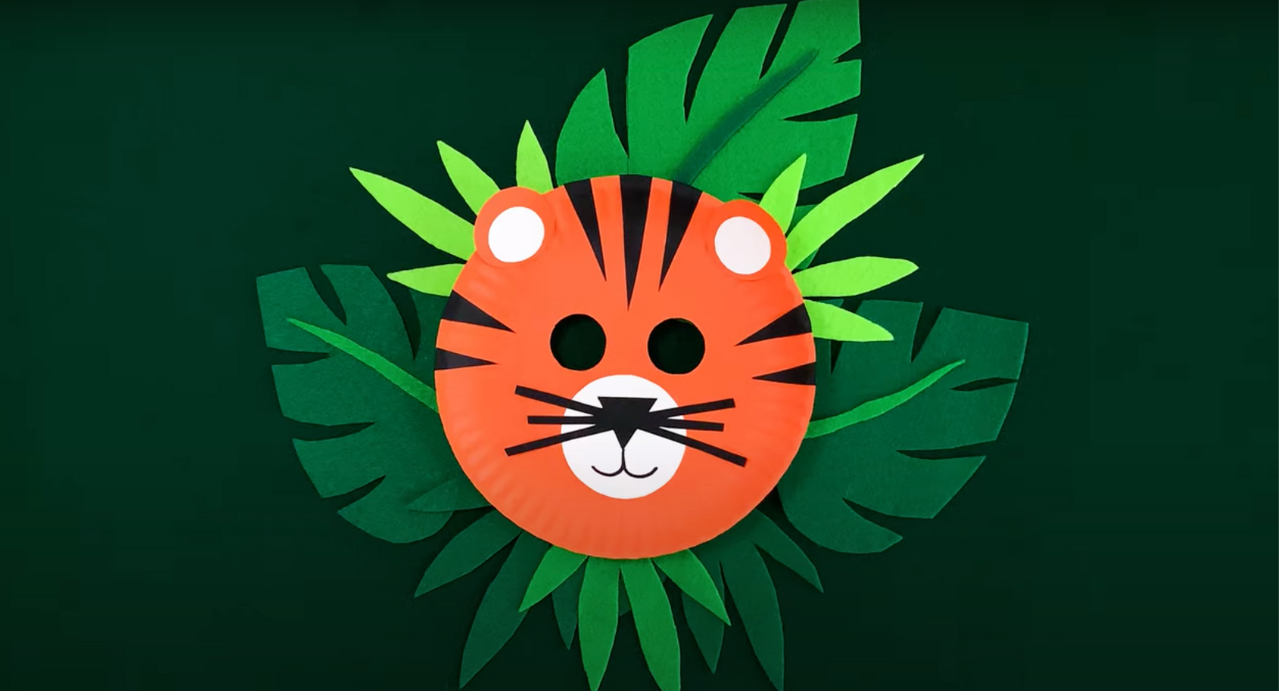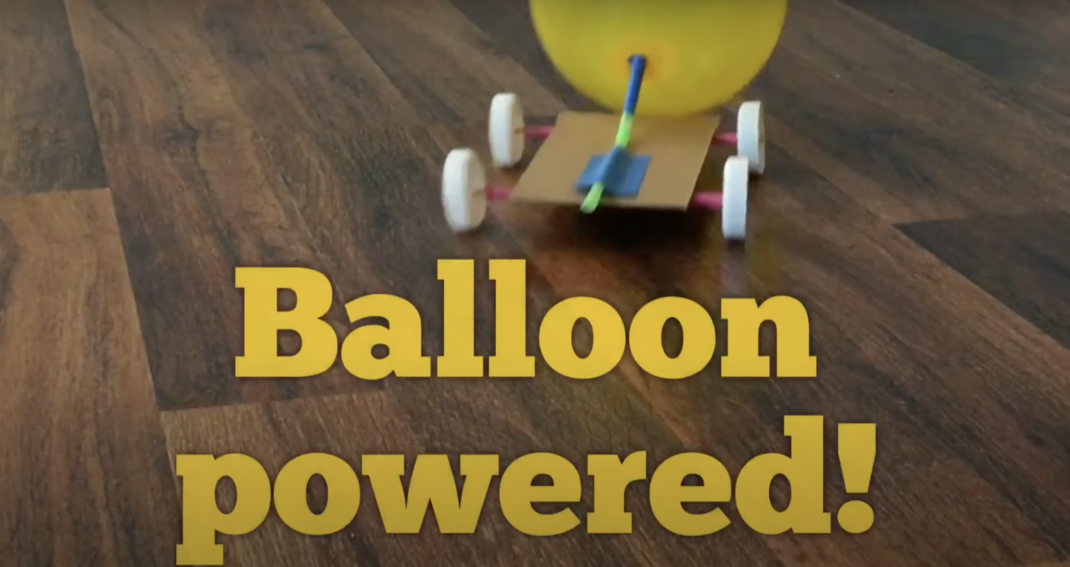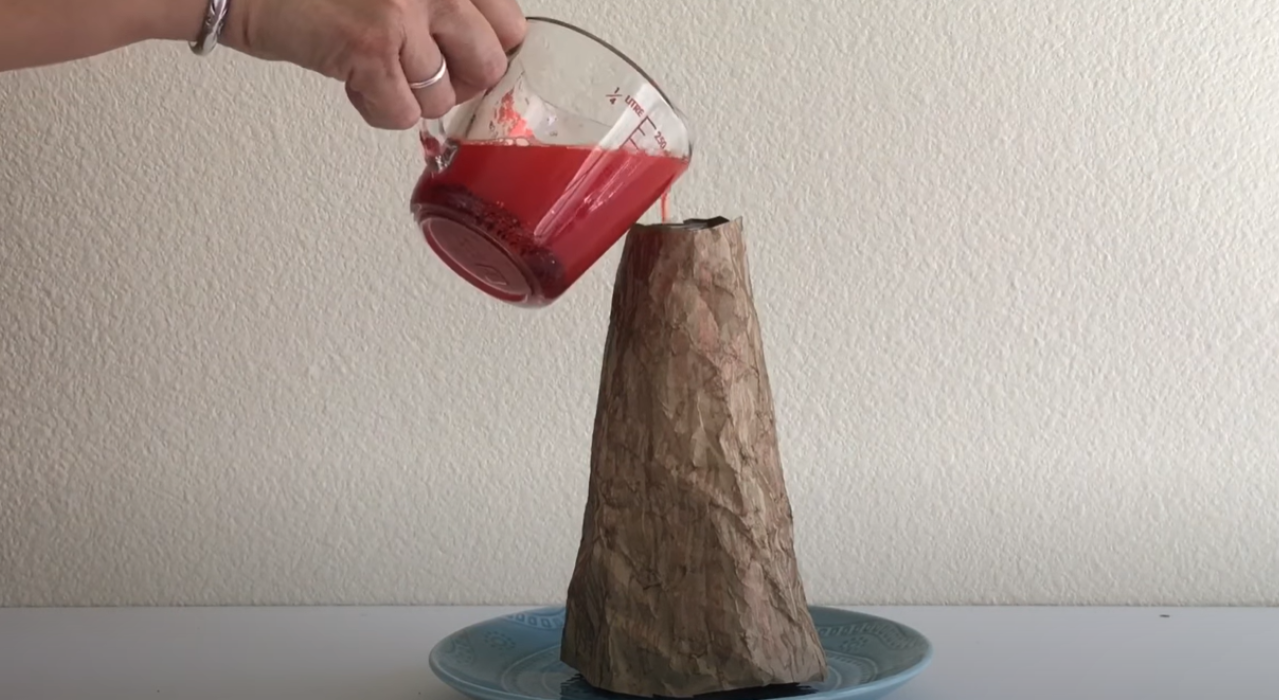20+ Play-Based Learning Activities for 3-Year-Olds
Share
Help boost your 3-year-old’s math, reading, and motor skills with these 20+ creative play-based activities.
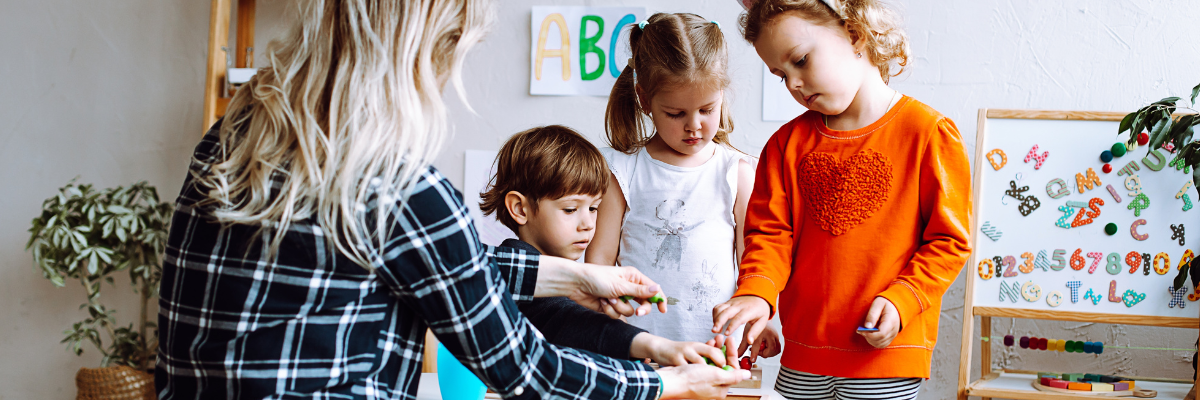
Table of Contents
There’s no better time to learn through play than the toddler years! Play-based learning activities offer benefits beyond targeted educational concepts, such as building motor skills and developing social-emotional awareness.
The following learning activities for 3-year-olds foster broader abilities, like motor skills and more, while also helping little ones work on skills they’ll need for kindergarten. But mostly, they’re just a lot of fun! Use them as educational activities for 3-year-olds (and even slightly older) at home or in preschool.
For even more structured early learning, check out our ABCmouse Preschool Learning Curriculum, designed by experts to build foundational literacy, math, science, and social studies skills through engaging activities.

Pre-Reading Activities for 3-Year-Olds
At this age, kids are ready to start learning the alphabet, which you can incorporate into play activities. Be sure to continue reading regularly with your child, asking them questions about the story to ensure comprehension. Here are some simple learning activities for 3-year-olds that can help them get ready to start reading.
1. Explore Alphabet Sensory Bins
Sensory bins are so much fun for preschoolers, as they allow them to explore new textures and discover hidden objects. Create your own using a plastic bin and the filler of your choice.
- uncooked rice
- beans
- pasta
- sand
- shredded paper
- pom poms
- colored water
- shaving cream
Then, add in alphabet magnets or foam letters and let kids dig through the bin in search of letters and work to name each letter they find. Learn more about alphabet sensory bins here.
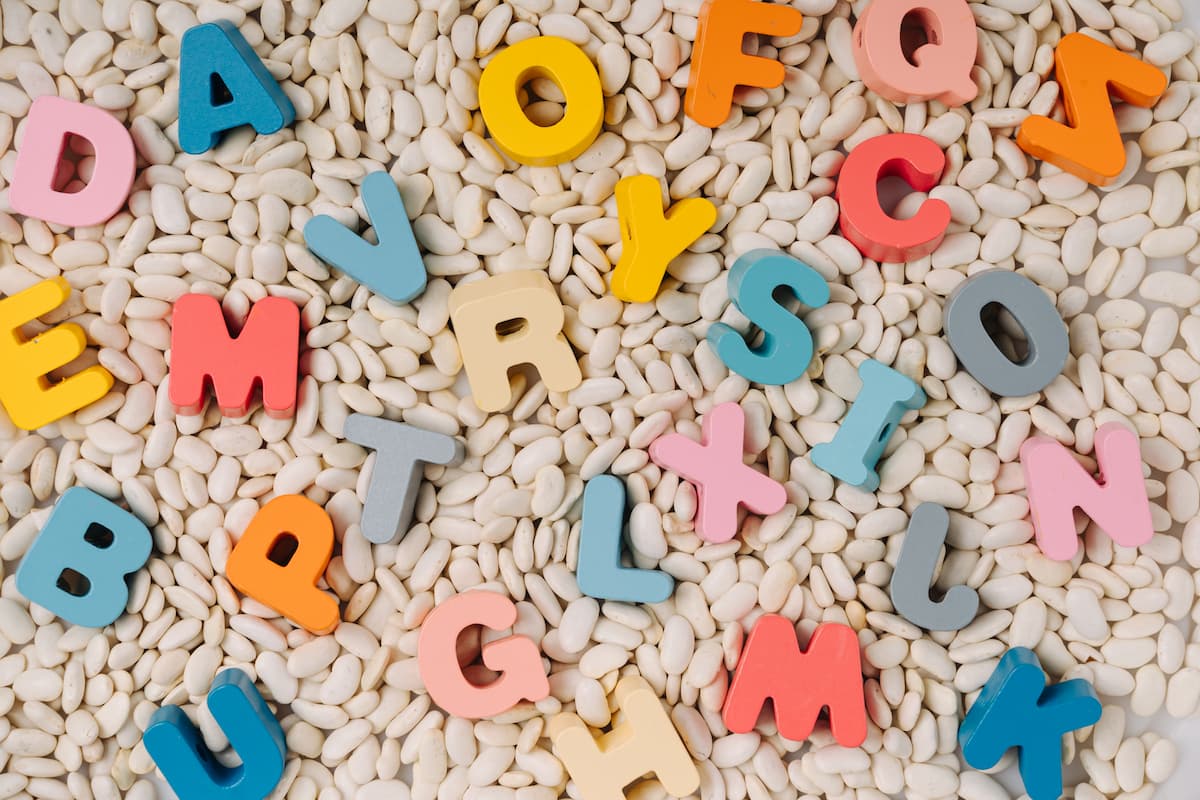
2. Act Out Stories
Imaginative play helps encourage creativity, and you can make it even more meaningful by having kids act out stories you’ve read together. This kind of story retelling helps develop skills like sequence of events, remembering character traits, and other key reading comprehension concepts. You can act out stories with them or encourage them to use stuffed animals, puppets, or other toys as characters instead.
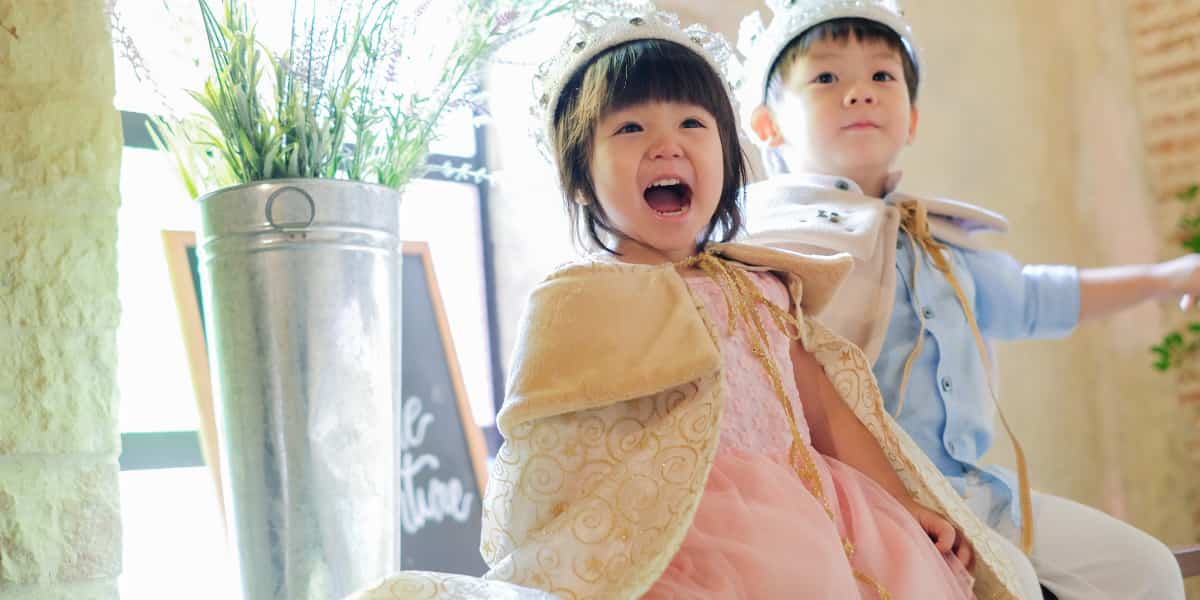
3. Create Letter Crafts
Pull out your craft supplies and let your preschooler get creative with alphabet letters. You can create collages, letter animals, rainbow letters, glitter letters, and so much more. Get started with these ideas for letter A crafts, letter B crafts, and letter C crafts.
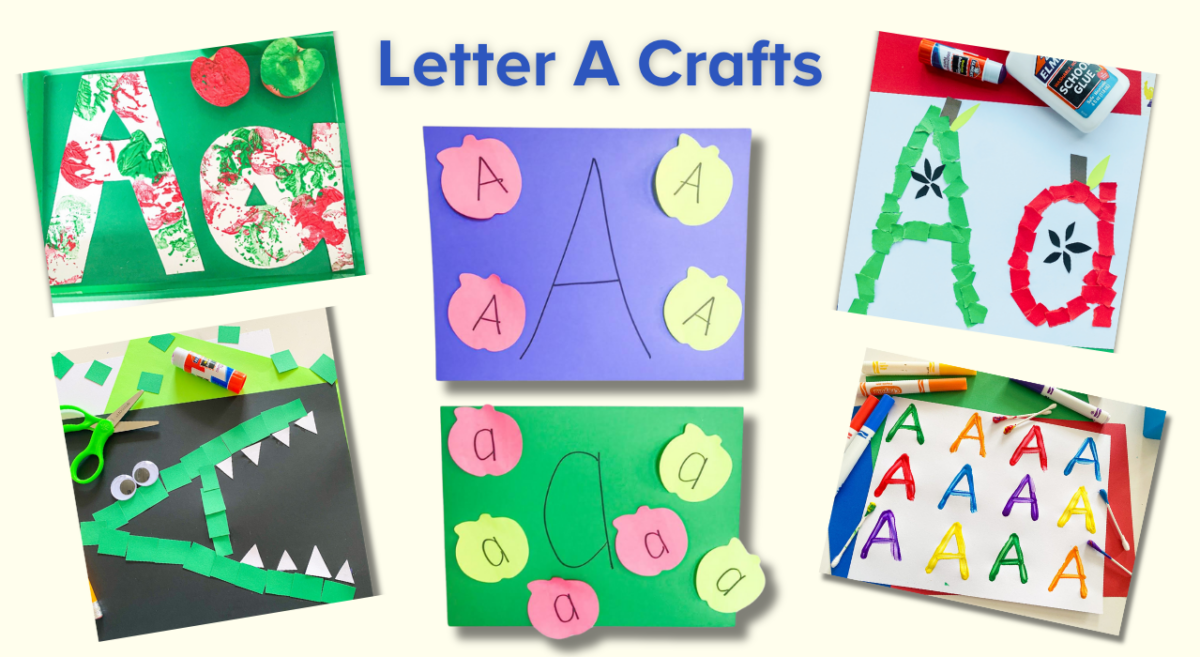
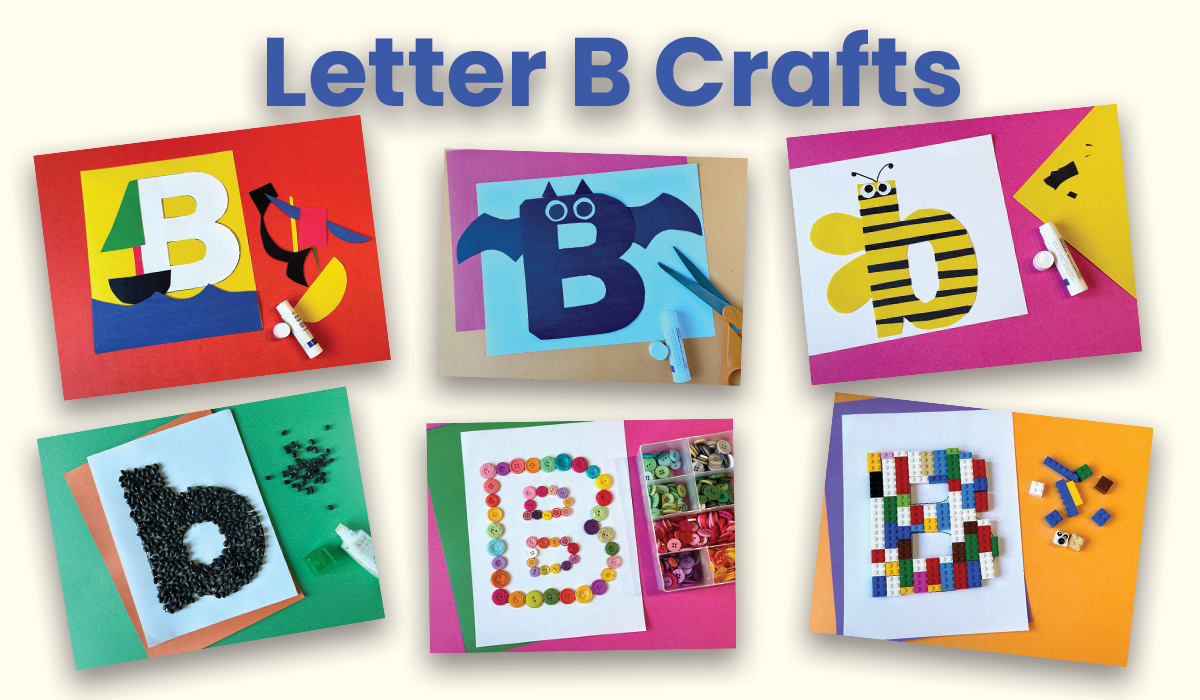
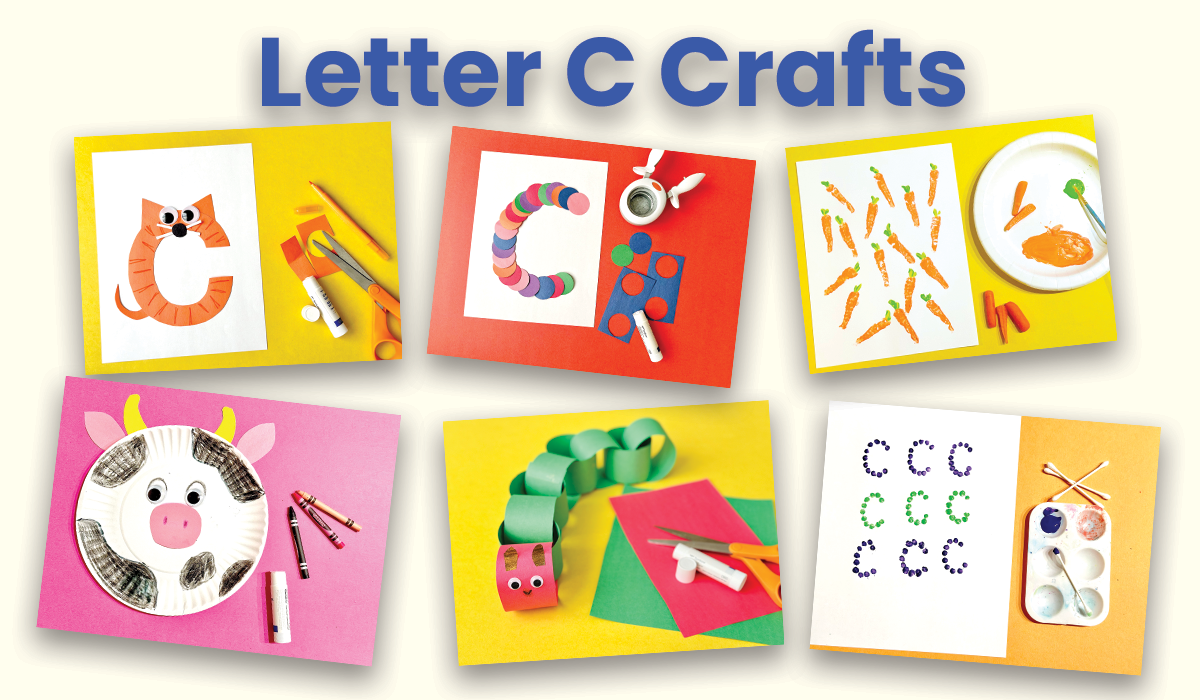
4. Make Playdough Letters
What toddler doesn’t love the squish of playdough? Molding, squeezing, and shaping the dough strengthens motor skills too. Step playtime up a notch by showing your child how to shape letters out of playdough. This fun, tactile approach can further help them commit these letter shapes to memory. When you’re done, call out the letter names and let your little one smash them flat one by one!
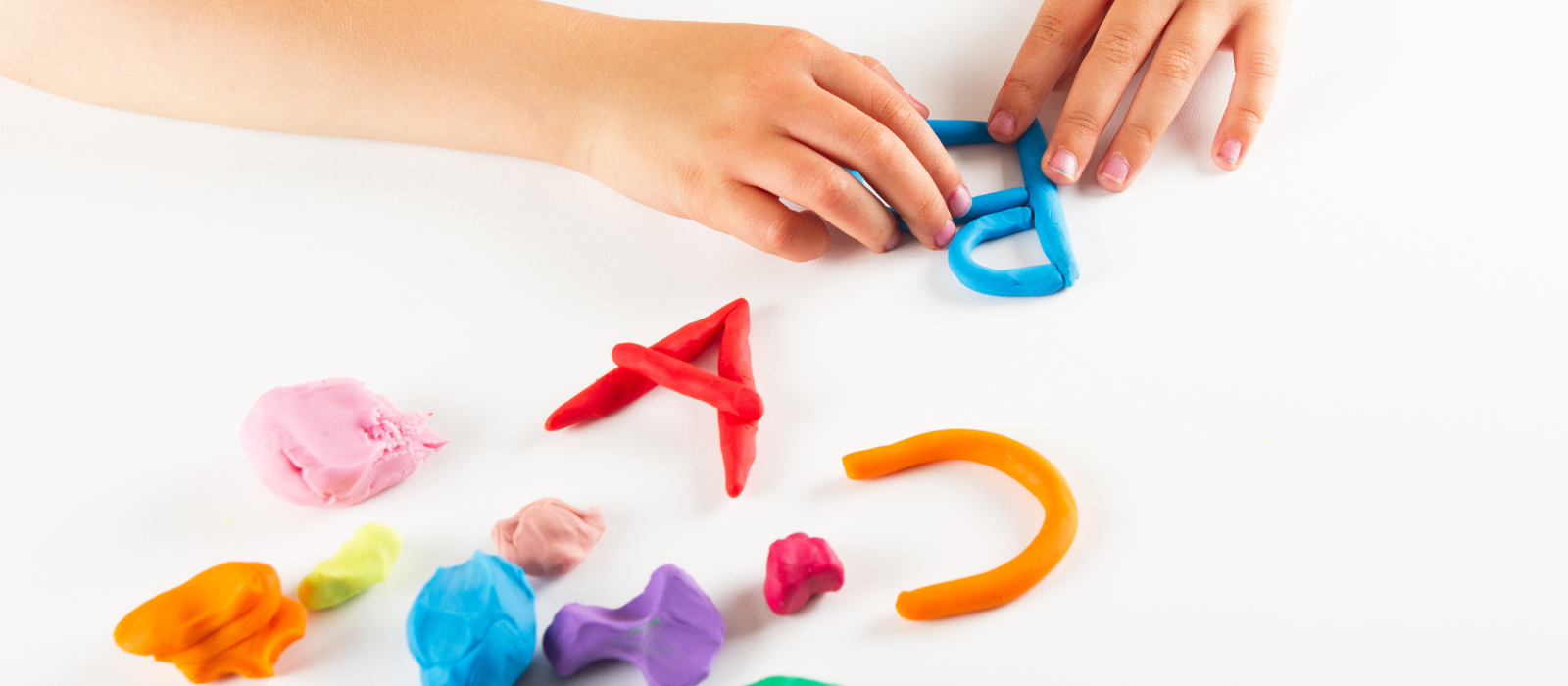
5. Sing and Dance to Alphabet Songs
Singing and dancing aren’t just fun–they also helps kids remember information. Incorporate catchy alphabet songs into your toddler dance parties, and encourage everyone to sing along. The ABCmouse YouTube channel is full of fun alphabet songs you and your child will love.

Math Learning Activities for 3-Year-Olds
By now, your child is probably beginning to learn to count, starting with their fingers. At age 3, your child can begin developing number sense skills like cardinality and one-to-one correspondence. While targeted learning activities are good, kids can also learn early math skills with a hands-on approach, using activities like those described below.
Tip: For more great math activities for young children, check out our list of engaging Hands-on Math Activities here.
6. Move and Count
Going for a walk? Count your steps. Climbing stairs? Count them one by one. Getting snacks? Count out how many crackers or raisins you have. Use every opportunity to get in a little counting practice.
Try this: Set a timer for 60 seconds, then ask your child to see how many times they can do a specific movement (hop on one foot, touch their toes, etc.) before the timer goes off, counting as they go. Then, try again to see if they can break their record (and count even higher).
7. Learn About Measurement
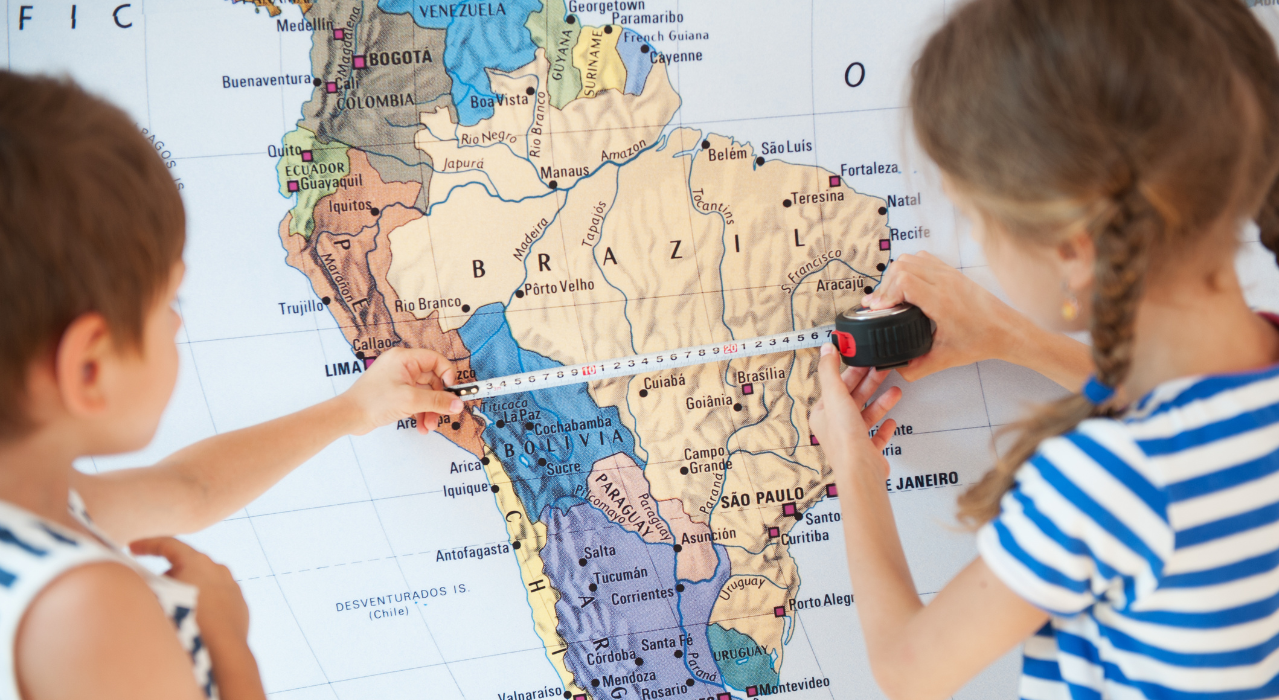
This is the time to learn about comparison words like bigger and smaller, taller and shorter, more and less. You don’t need to worry about inches or pounds just yet. Instead, try games like looking for leaves of five different sizes, then putting them in order from largest to smallest. Get more preschool measurement activities here.
8. Play Shape Bingo
Point out and help your preschooler identify shapes in the world around them, such as triangles, squares, circles, and rectangles. Count the number of sides together, and talk about straight lines and curves. Then, get our free printable Shape Bingo pages and see who can get three in a row first or use our shape coloring pages for extra practice independently.
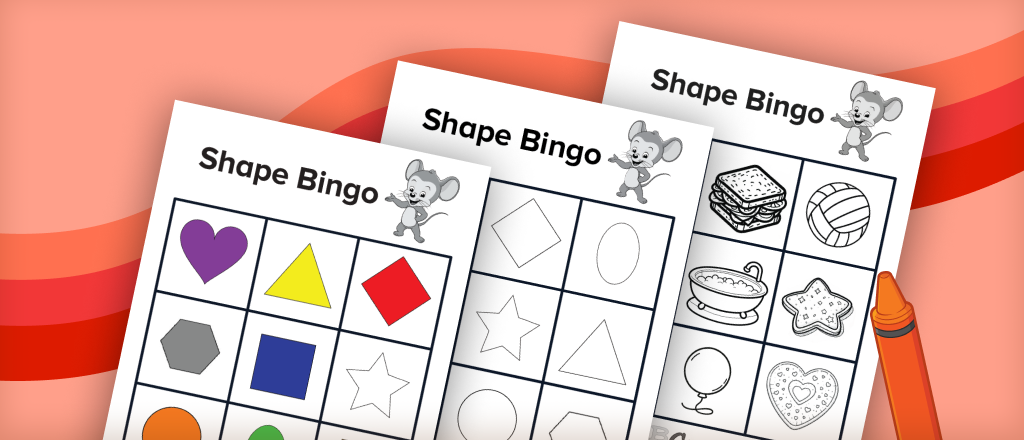
9. String Bead Patterns
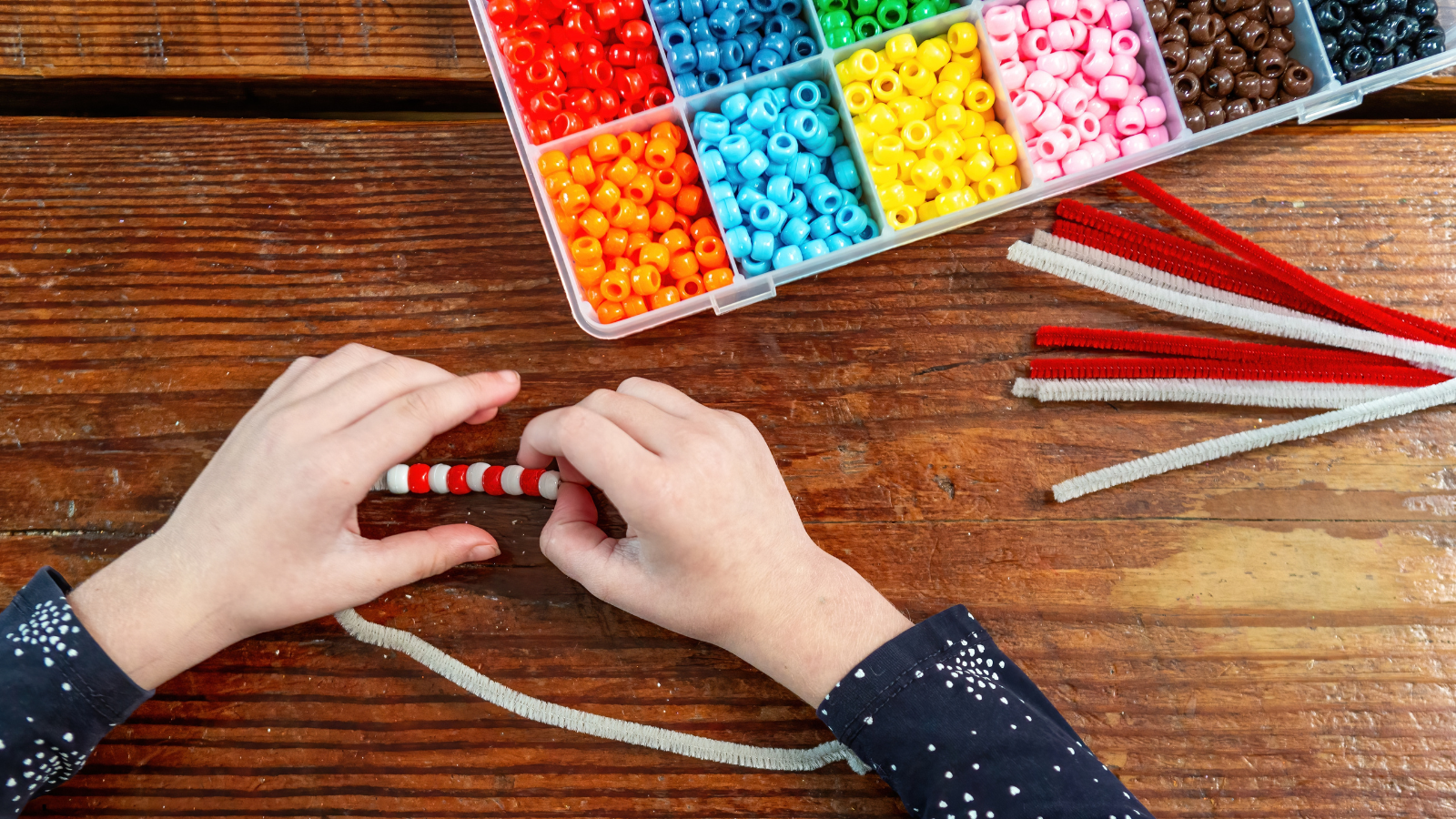
Stringing beads is a classic play-based learning activity and for good reason. It helps build fine motor skills, encourages creativity, and can even be very soothing! Be sure to choose beads that are large enough for young fingers to manipulate
Try this: Create patterns for your child to copy, such as three red beads, two blue beads, and one yellow bead. Identifying and recreating patterns develops logical reasoning skills they’ll use in more advanced math and beyond.
10. Sort Everything
Part of identifying patterns is determining what certain items have in common. This means identifying characteristics like color, shape, size, texture, and more. When kids sort items by their properties, they learn to look more closely at details and practice comparing. Try sorting toy cars by color, building blocks by size, or silverware by shape. Find more fun sorting activities for preschoolers here.

Science Learning Activities for 3-Year-Olds
Young children enjoy exploring the world around them, pointing out new animals, asking why the sky is blue, and learning what happens when they push their cereal bowl off the table. These are all science activities in one way or another (even the cereal bowl!). Encourage that interest with learning activities like these.
11. Draw the Weather
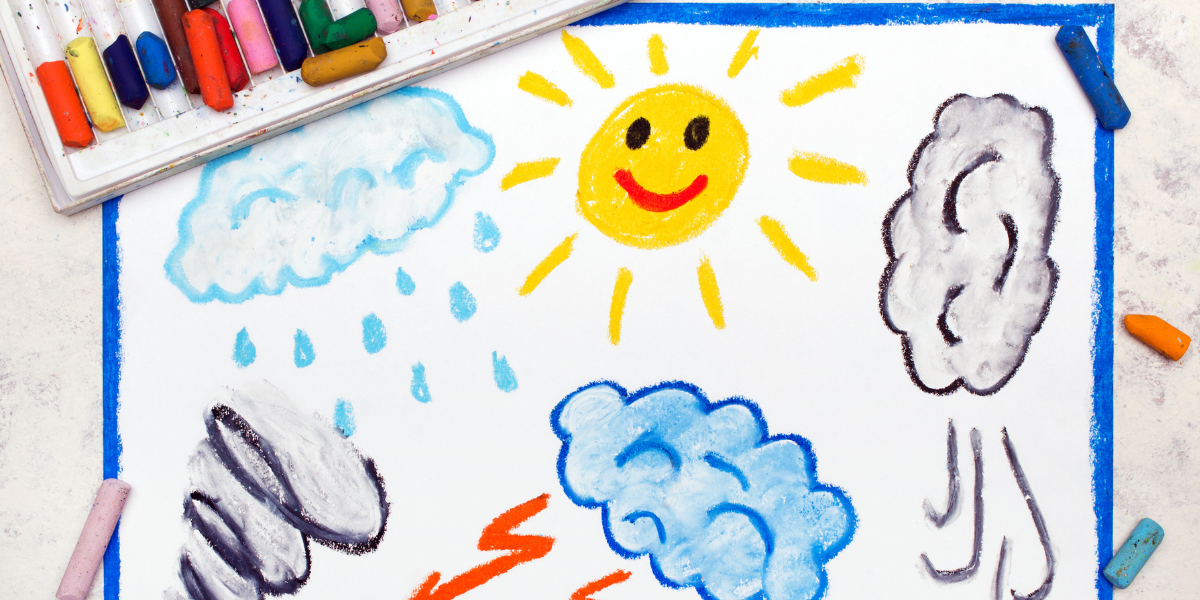
Start a weather journal in a blank notebook. Each day, ask your child to draw a picture of the weather they see outside. Record the date and weather details like temperature and rain or snowfall amounts on that day’s page. From time to time, you can look back through the book and talk about the changes in weather throughout the seasons.
Tip: Here are more fun preschool weather activities to try.
12. Flap Like a Butterfly, Buzz Like a Bee
Imitating animals comes naturally to kids, and it can also encourage them to learn more about various species. Invite your child to move and make the noises of all sorts of animals. —you can explore this idea further with the ABCmouse original song Fly with Me. If they’re unsure of the animal, spend a moment doing some research together to learn about it. This activity is good physical exercise and so much fun to watch!
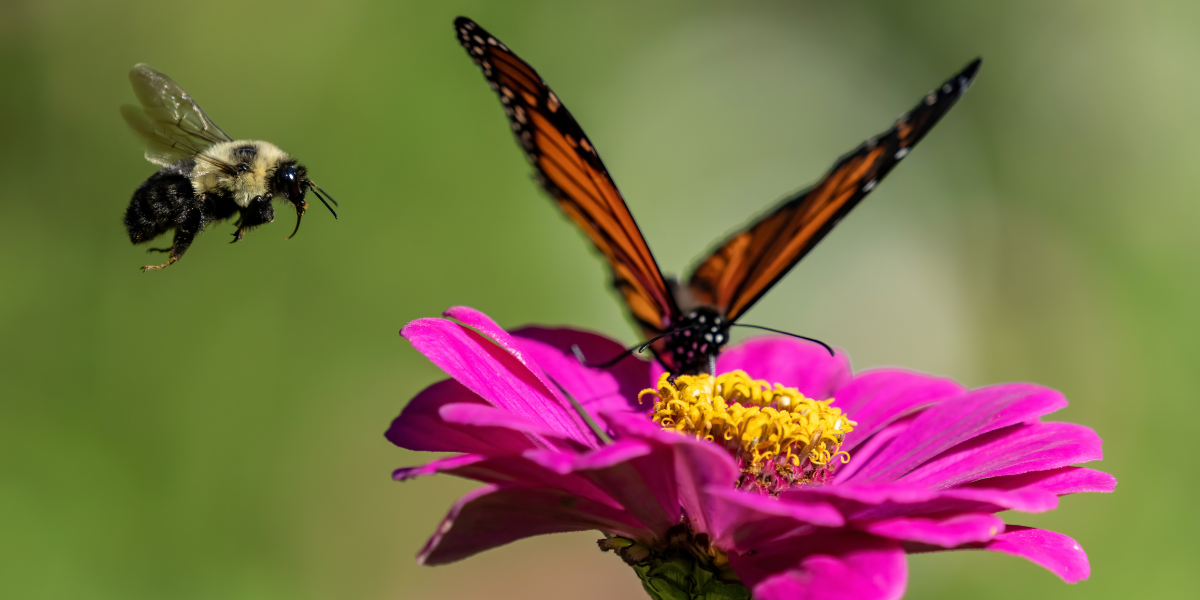
13. Mix Paints to Learn About Colors
Paint mixing is such a cool way to explore all the colors of the spectrum. Kids can mix with their hands on paper or in cups using wood craft sticks to stir. After they’ve mixed up an array of beautiful colors, they can paint you a new masterpiece.
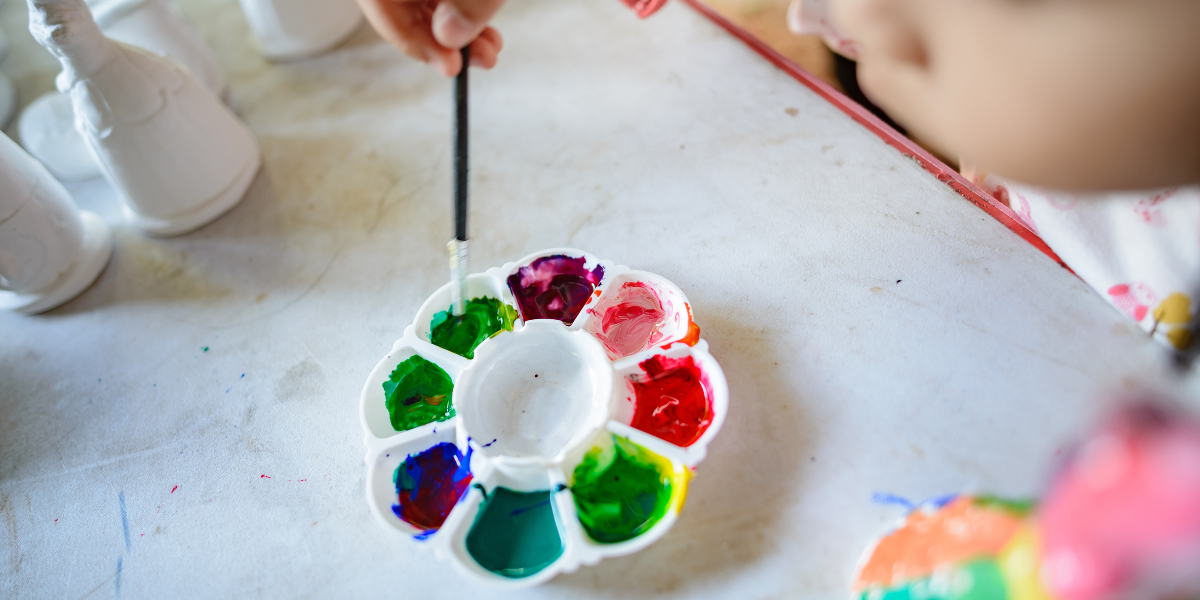
14. Find Out What Sinks or Floats
Dropping items into a bin of water to see if they sink or float is actually an early exploration of density. Ask your child to predict what will happen before they drop an item in and see if they can identify any common characteristics about what sinks and what floats.
15. Plant a Garden
Whether you’ve got a big veggie patch in the backyard or a row of herbs growing on the windowsill, gardening teaches toddlers about plant life cycles and healthy eating. Try the classic activity of planting a bean in a transparent cup to watch the roots grow below the surface. You can also check out this cute silly seeds activity.
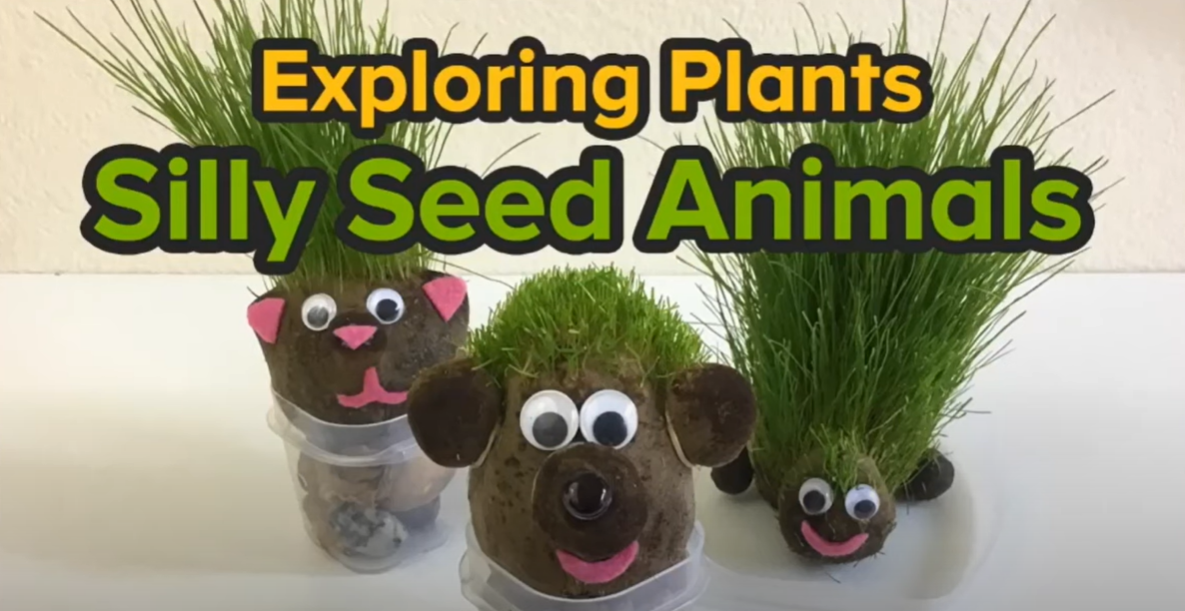

More Learning Activities for 3-Year-Olds
16. Help Out in the Kitchen
Invite your child into the kitchen and make them a part of the cooking (and cleaning) experience.
Try this: Let children help measure ingredients, learn the names of various kitchen tools, or sniff the various spices.
When it’s time to eat, show your child how to put together a healthy meal, allowing them to help with the prep when possible. Afterwards, they can help wash (non-breakable) dishes in a little tub of soapy water or sort the silverware when you empty the dishwasher.

17. Go On a Sensory Scavenger Hunt
Expand the senses by making a list of characteristics and asking your toddler to find items that fit each one. For instance, your list might include soft, hard, tall, small, pink, fuzzy, and smooth. Your child might point out a pillow, a book, a big tree, a ladybug, a flower, a stuffed animal, and the bathtub wall. Use descriptive language to build their sensory vocabulary whenever you can.
18. Try Out Musical Instruments
A love of music starts early in many kids. Whether they tap away on piano keys, bang on a homemade drum, blow through a harmonica, or strum a little ukulele, they’re exploring sounds and various ways to make them.
Tip: Resist the urge to show children exactly the right way to play instruments at first and let them experiment. When they begin to show more interest, start demonstrations and lessons.
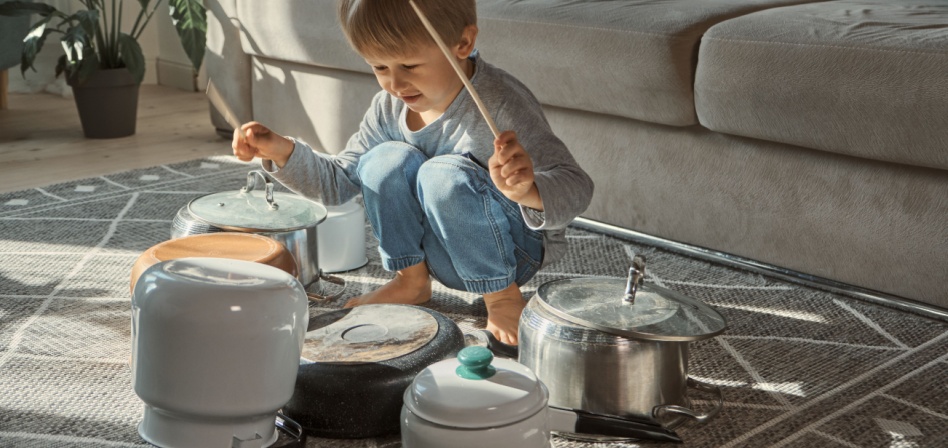
19. Make a Face
Managing emotions is a vital social emotional skill and it all starts with learning to recognize them. Spend time making silly faces with your child, showing what it looks like when a person is happy, sad, amused, worried, angry, or confused. This can be especially helpful for kids who have neurological differences, since this skill doesn’t always come naturally to them.

20. Play Online Games
A little screen time, even at this age, can be a valuable way for children to learn. The online games at ABCmouse are specifically designed to allow kids to learn independently through play and work on developing early math and reading skills, as well as other important concepts. Take a look at our collection of online learning games and choose a few to introduce to your 3-year-old.
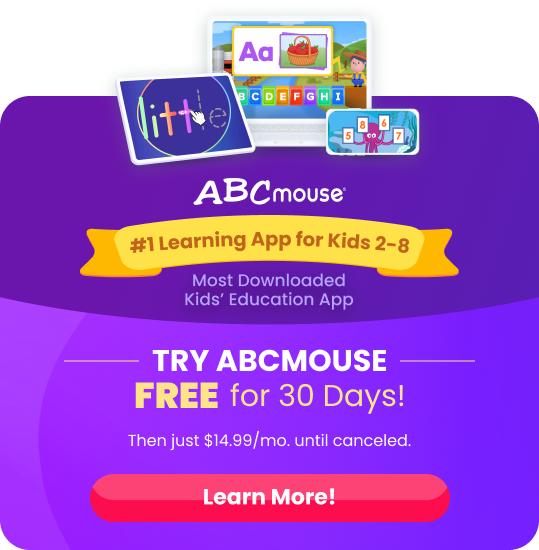
Related Activities
-
How to Craft Your Own DIY Lava Lamp
Dive into a fascinating Lava Lamp Science Activity, merging the whimsy of retro art with the intrigue of science. This DIY project is not only a…
-
How To Craft Colorful Butterflies
Embark on a whimsical crafting journey creating Colorful Butterflies using simple materials. This delightful activity not only nurtures creativity but also brings a slice of nature’s…
-
How To Create a Suncatcher With Household Items
Craft a whimsical turtle-shaped suncatcher with everyday household items, brightening any space with captivating color reflections. An engaging project for all ages, this craft also promotes…
-
How to Make a Tiger Mask
Unleash a world of imagination and creativity with this simple Tiger Mask craft project. Ideal for kids, it offers a playful journey from crafting to role-playing…
-
Rocket Car Craft for Kids
Launch creativity and science fascination in your child with this Rocket Car craft project. Simple to build and thrilling to launch, this activity offers an adventurous…
-
How To Create a Glitter Volcano
Engage in a sparkling blend of art and science with this Glitter Volcano craft. Ideal for young learners, this easy project not only ignites creative fun…

